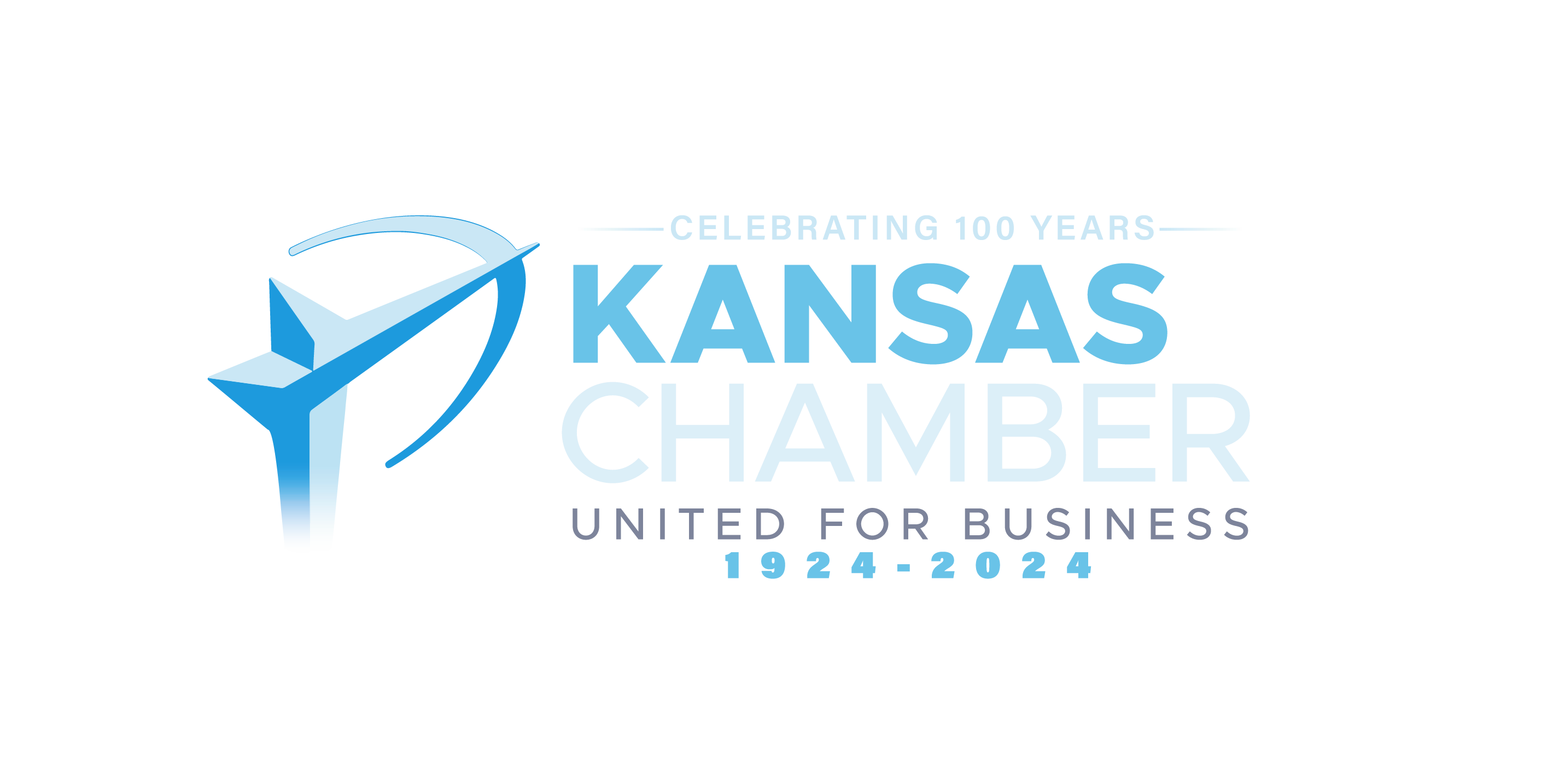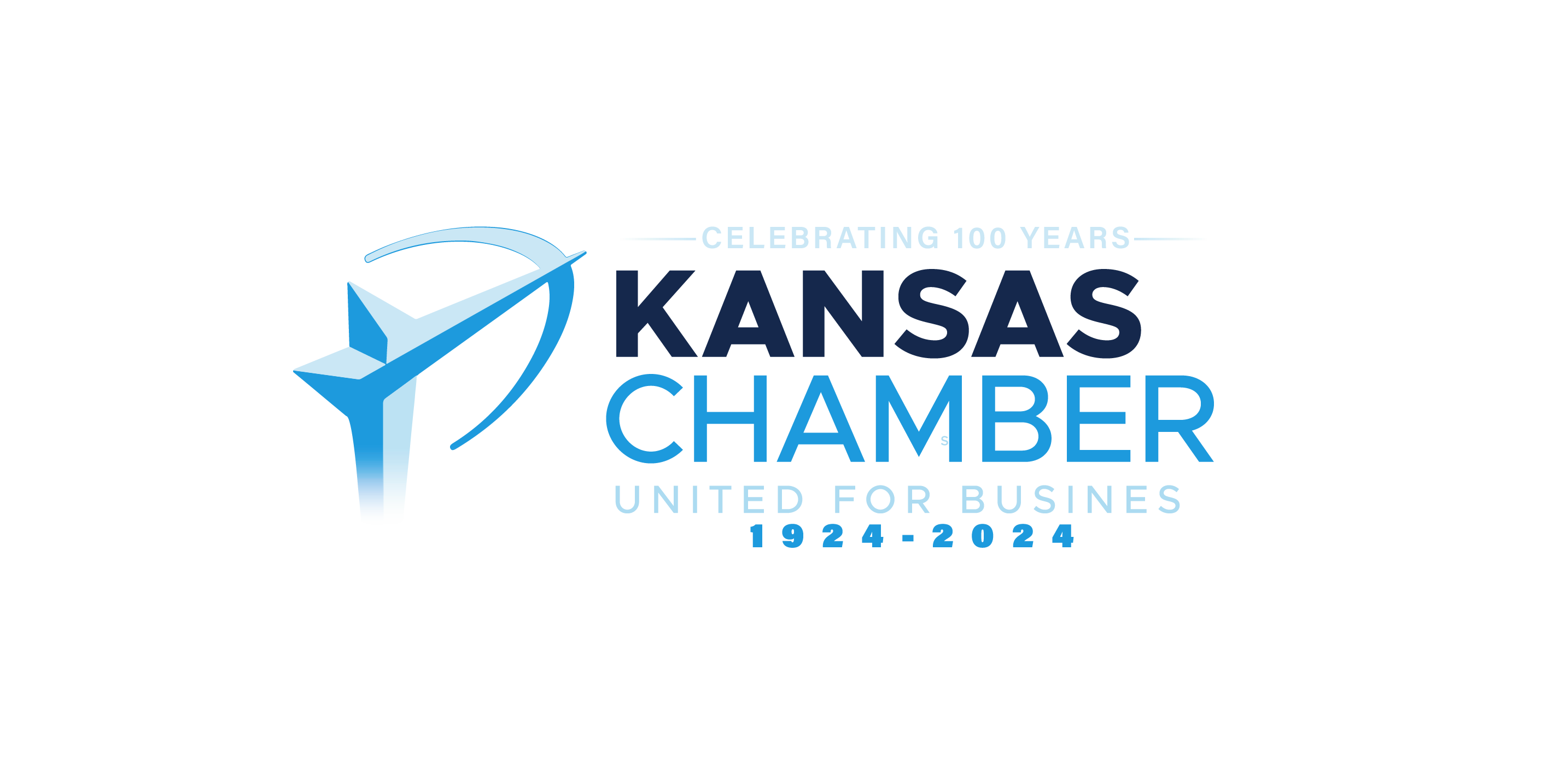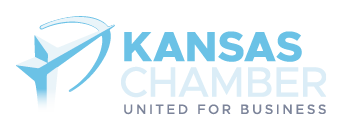01 May Kansas Business Leaders Discuss Impact of State Regulations
Posted at 21:29h
in News
Topeka, KS (May 1, 2019): Kansas business leaders say state regulations are impacting their ability to thrive as well as the state’s economy and jobs.

Business leaders discuss state regulations.
Kansas Chamber President Alan Cobb, James Broughel with the Mercatus Center, Doyle Pearl, owner of JB Pearl Sales and Service in St. Marys, and Dustin Kuntz, co-owner of Harveyville Seed Company each answered questions about state regulations during Conversations with the Kansas Chamber Wednesday at the Topeka Country Club in Topeka, Kansas.
“It is important that the state have fair regulations that ensure the safety of our employees and communities. However, burdensome, outdated and duplicate regulations impacts a business’ ability to thrive. We must work to find the right balance,” said Cobb.
A Senior Research Fellow at the Mercatus Center at George Mason University, Broughel discussed his recent review of the Kansas Administrative Regulations that found nearly 71,000 state regulations as well as what actions Kansas can take to create a fair and less burdensome regulatory environment.
“Kansas has done a good job controlling the growth of state regulations, at least compared to many other US states. But with roughly 71,000 restrictions in state rules, Kansas still has about as much regulation as the entire national government in Canada. That means much more work is to be done,” said Broughel. “Fortunately, successful reforms in other jurisdictions offer a roadmap for how to reduce regulatory burdens and boost growth, while continuing to achieve the legitimate goals of regulation.”
Pearl and Kuntz shared how state regulations impact their businesses’ abilities to operate in Kansas. JB Pearl Sales and Service is an agribusiness retail and application service company with 45 employees in three locations in St. Marys, Perry, and Lawrence. Harveyville Seed Company is an agricultural services and retail company that provides services to agricultural producers between Topeka and Emporia. Both are members of the Kansas Agribusiness Retailers Association (KARA).
“Agribusiness is a highly regulated industry in Kansas, and KARA understands the need for reasonable regulations on our industry. However, KARA opposes regulations that are economically unfeasible, overly burdensome, unnecessary, or unreasonable,” said Ron Seeber, KARA President and CEO. “Where possible, KARA supports state-level regulatory oversight rather than by the federal government on the same activity. KARA also supported the recent passage of state legislation that revised the Regulations Filing Act. The legislation requires state agencies to review and publish the economic impact that a proposed regulation would have on the regulated industry.”
Conversations with the Kansas Chamber events focus on issues and concerns important to the Kansas business community. The program’s question and answer format provides a great opportunity for chamber members and their guests to hear from business leaders, elected officials, candidates for public office and others.
###


